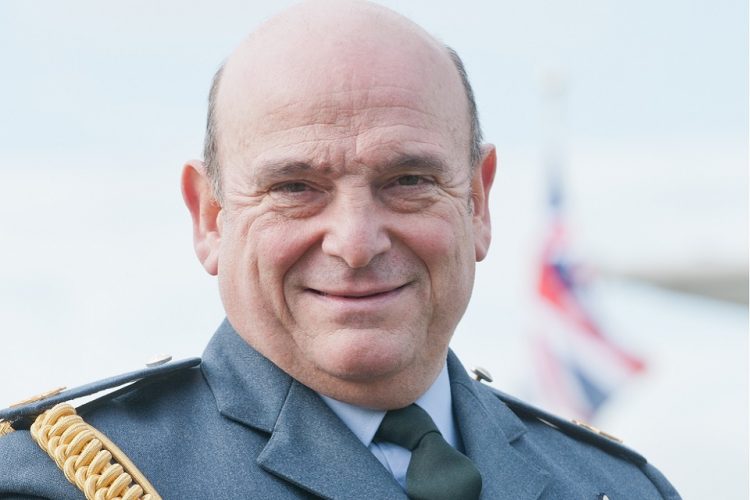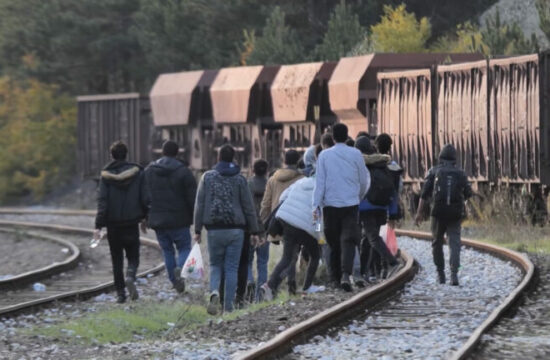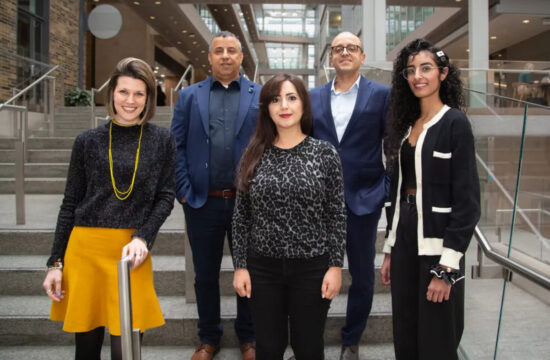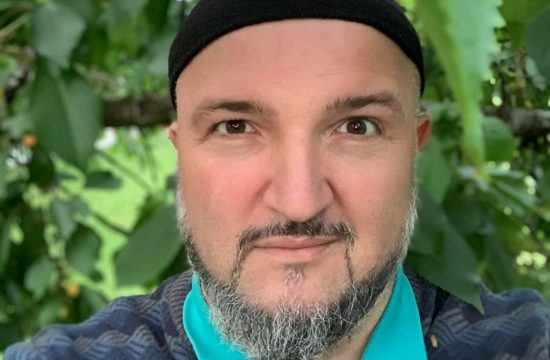
Republika Srpska cannot be an independent state, and Serbia should impose sanctions against Russia, Lord Stuart Peach, the British government's Special Envoy to the Western Balkans, told Hina. Pročitaj više
The UK condemns the threats of secession of the Republika Srpska entity and continues to support the Dayton Peace Agreement, said Peach who visited Croatia for the fifth time since he was appointed the prime minister's special envoy in late 2021.
The former Air Chief Marshal and former Chairman of the Military Committee of the North Atlantic Treaty Organization (NATO) met with Croatian Prime Minister Andrej Plenković, Foreign Minister Gordan Grlić Radman and the leader of the Independent Democratic Serb Party (SDSS), Milorad Pupovac.
In an interview for Hina two years ago, Peach had expressed great concern for the situation in Bosnia and Herzegovina. Today, after the arrival of a new government and certain interventions in the processes in that country, the British envoy is still “worried” about the situation there, particularly about the security situation threatened by the secessionist threats of the Republika Srpska entity.
London condemns these threats and says that Republika Srpska is a legitimate entity within the federal state of Bosnia and Herzegovina but it is not an “independent state”, which its president Milorad Dodik wants it to be, said Lord Peach.
“A bright future for Bosnia and Herzegovina is in everyone's interest… for all people of the country, regardless of ethnic group,” said Lord Peach.
Multiethnic independent Kosovo
The UK continues to encourage Serbia to take sanctions against Russia because it is the last state in the Western Balkans not to have done so and urge it to investigate any irregularities in the elections held in December in order to preserve the integrity of the election process, Lord Peach said.
Belgrade should act in accordance with the Organization for Security and Co-operation in Europe (OSCE), which in its preliminary report made specific remarks on the election process.
Lord Peach expressed absolute support for reconciliation efforts between Serbia and Kosovo, condemning unreservedly the armed conflict near the village of Banjska in the north of Kosovo, in which Serbian citizens attacked Kosovo police.
He said that was a serious incident, emphasising the full cooperation on the investigation by Kosovo authorities, which he also pointed out during a visit to Belgrade.
He added that the quantity of arms discovered could have had a destabilising impact in Kosovo, commending the Kosovo police for behaving professionally and in a coordinated fashion.
Normalising relations between Belgrade and Priština will benefit the citizens of both states, and also the wider region, including Croatia, and the future of Kosovo is that of a “multiethnic republic,” said Lord Peach.
As for Montenegro and its new government, which has the support of pro-Russian and pro-Serb parties, Peach said that it had taken some very positive steps in the rule of law reform and judicial appointments, which was recognised by the UK and the EU.
The government of Montenegro should be encouraged to maintain or even accelerate this trajectory towards the European Union, said Lord Peach, underscoring the importance of Montenegro as a NATO ally.
Russia must not destabilise Balkans
During his current stay in Croatia, Lord Peach traveled to Osijek, where he visited the Centre for Peace, Non-violence and Human Rights, and Vukovar, where he saw the Water Tower and the Ovčara memorial centre and met with representatives of NGOs to learn first-hand about the post-war reconciliation initiatives there.
“I am absolutely committed to reconciliation, anywhere in the world actually, anywhere we can make a difference,” said the former Chairman of the Imperial War Museum in the UK.
With regard to the changed geopolitical situation and new conflicts today, Lord Peach said that it was more important than ever not to add to the risk in the Western Balkans and not to allow those who wish to destabilise the region, such as Russia, to succeed.
According to Lord Peach, what adds to the risk the most is when people believe fake news, disinformation or conspiracy theories, and then “start to form a view which is not backed up by facts”, and he underscored the need to be “more vigilant than ever”.
Lord Peach said the destructive war of aggression was an attack on European values, which was why it was important for the people of Europe to stand up for those values and against aggression and to stand in unity with friends in Ukraine.





Kakvo je tvoje mišljenje o ovome?
Budi prvi koji će ostaviti komentar!